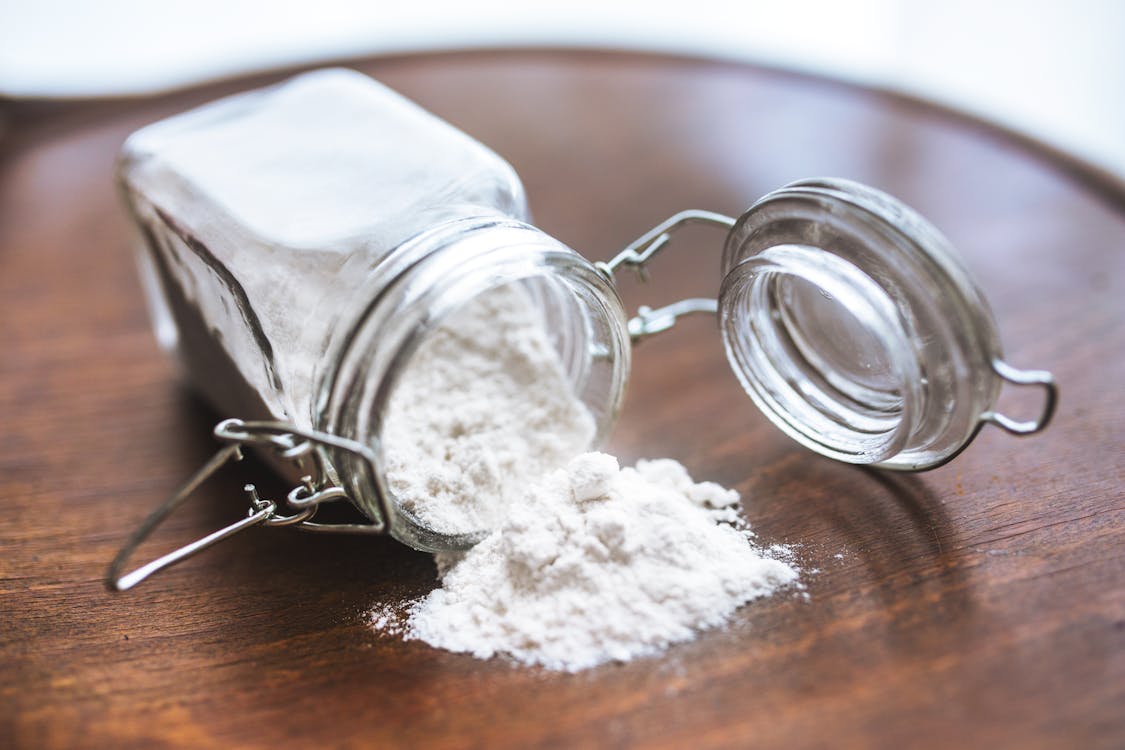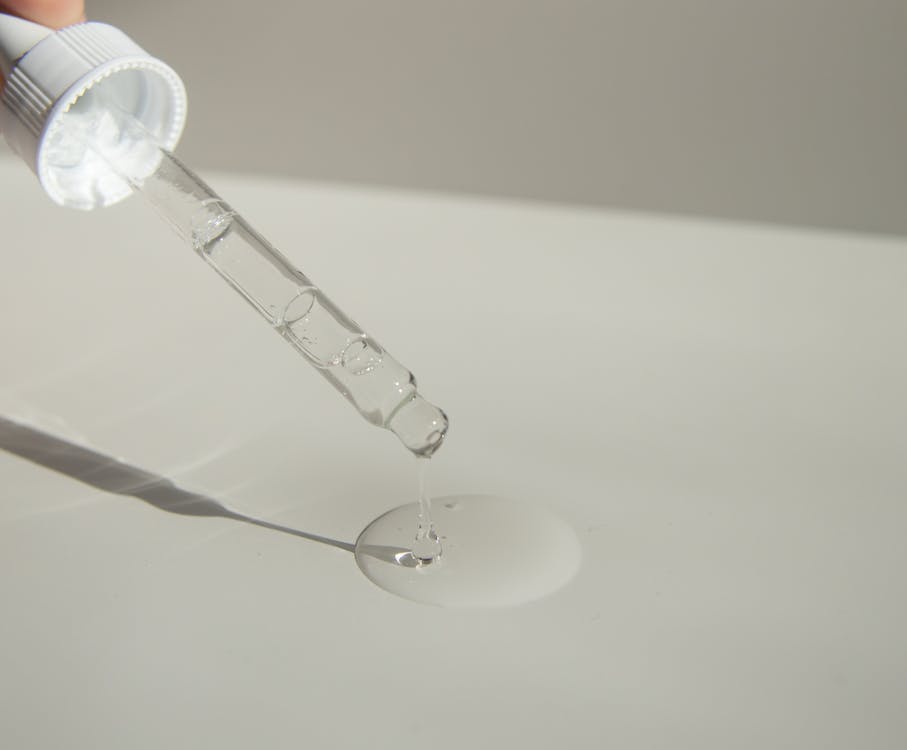Green car care: Ecological cleaning tips for your vehicle
In a time when sustainability and environmental protection should be at the heart of our actions, it's time to consider car care from this perspective as well. Driving a clean car isn't just a matter of aesthetics; it's also about maintenance and care, which influences the longevity of the vehicle. But how can we care for our car in an environmentally friendly way without sacrificing cleanliness and shine? In this detailed blog post, you'll gain valuable insights and tips on how to clean your vehicle ecologically.
Why ecological car care is important
Before we delve deeper, let's understand why eco-friendly car care is so important. Traditional cleaning methods and products can contain harmful chemicals that are not only harmful to the environment, but also to the health of humans and wildlife. Inhaling fumes or allowing these chemicals to seep into the soil pollutes ecosystems and water sources. Therefore, it's crucial that we choose environmentally friendly alternatives.
Environmentally friendly products and their importance
Choosing the right products
The market for eco-friendly car care products is constantly growing. These products are free of toxic substances and often biodegradable. They offer effective cleaning without harming the environment. When purchasing, look for seals and certificates that confirm environmentally friendly production.
DIY cleaning products
Using DIY cleaning products is a great way to maintain your car in an environmentally friendly and cost-effective way. Many ingredients you probably already have in your kitchen can serve as effective cleaning agents for your vehicle. Here's how to use everyday household items for car care.
Vinegar – The all-rounder
Vinegar is a true miracle worker when it comes to cleaning and can be used in a variety of ways in car care. A simple mixture of equal parts water and vinegar can be used as a glass cleaner. This solution is not only inexpensive but also doesn't leave streaks on the windows. You can also use vinegar to remove stubborn insect remains. Apply the vinegar solution to the affected areas, let it sit for a short time, and then wipe it off.
Baking powder – the odor killer
Baking soda is another kitchen product that's useful for car care, especially when it comes to eliminating unpleasant odors. Simply sprinkle baking soda on the car seats and carpet, let it sit for a few hours or overnight, and then vacuum thoroughly. The baking soda will absorb odors and leave a fresher scent in the vehicle's interior.
Lemon juice – For extra shine
Lemon juice can be used as a natural cleaner for car interiors. It's especially good for cleaning plastic surfaces. Mix lemon juice with water in a spray bottle and use the solution to clean the dashboard, steering wheel, and other surfaces. Lemon juice not only leaves a pleasant scent but also has a slight bleaching effect that helps remove stains.
Oil – For shiny leather
Olive oil or coconut oil can be used to care for leather upholstery in cars. Apply a small amount of oil to a soft cloth and rub it into the leather surfaces. This keeps the leather supple and prevents cracking. It also gives the leather a beautiful shine.
Baking soda and soap – For exterior cleaning
A mixture of baking soda and mild soap can create an effective cleaning paste for washing the exterior of your car. This paste is especially good for removing stubborn dirt like tree sap or bird droppings. Apply the paste to the dirty areas, let it sit for a short time, and then rinse it off.
Reduce water consumption
Efficient washing methods
One of the biggest environmental impacts of car washing is the high water consumption. Using high-pressure cleaners or buckets instead of a running hose can save a significant amount of water. Even better is using car washes that treat and reuse the water.
Dry laundry
One innovative method is dry washing. Special products allow you to clean your car without using a single drop of water. This method not only saves water but also prevents dirt and chemicals from seeping into the soil.
Use of water-saving high-pressure cleaners
Using pressure washers for car washing is an increasingly popular way to reduce water consumption while ensuring a thorough cleaning. Pressure washers utilize the high-pressure mechanism to spray water forcefully onto the vehicle, effectively removing dirt and debris without using large amounts of water. It's important that users familiarize themselves with proper application techniques to get the most out of their pressure washer.
Use of rainwater collection systems
Rainwater collection systems offer an environmentally friendly and sustainable way to use water for car washing while reducing tap water consumption. By collecting rainwater in barrels or tanks, car owners can tap into a renewable water source and reduce their carbon footprint.
The principle behind rainwater collection systems is simple yet effective: Rainwater is collected from roofs and piped via downpipes into storage containers. These containers can vary in size from simple barrels to large tanks, depending on the user's needs and space. The collected water can then be used for various purposes, including car washing.
Dry laundry with ecological products
To dry wash your car, you first need a special dry-cleaning detergent that's free of harmful chemicals and contains biodegradable ingredients. These products are often available in spray or concentrate form and can be easily applied to the vehicle's surface.
After applying the dry cleaner, use microfiber cloths or sponges to gently loosen and remove the dirt. The fine fibers of the microfiber cloths effectively absorb the dirt without damaging the paintwork.
Optimizing washing frequency
Washing too frequently can not only waste precious water, but also lead to unnecessary chemicals being released into the sewer system, polluting the environment. Furthermore, the frequent use of pressure washers or other energy-intensive washing methods can increase energy consumption and thus increase CO2 emissions.
Use of microfiber cloths
Microfiber cloths are extremely useful and effective when washing your car. They are specially designed to remove dirt and residue from the vehicle's surface without leaving scratches. Their fine fibers allow them to absorb and hold even stubborn dirt.
A major advantage of microfiber cloths when washing cars is their ability to clean effectively without the need for large amounts of water. They can be used to wash the vehicle without the need for constant rinsing. This not only saves water but also reduces the time and effort required for rinsing.












































